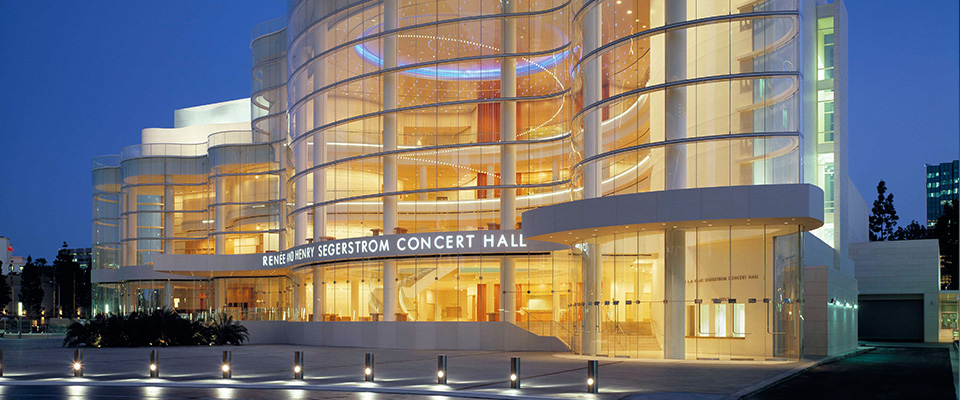California Appellate Court Holds One-Year Statute of Limitations Applies To Disgorgement Claims Under Section 7031(b)
Posted September 9, 2020 --> • NewsCalifornia Appellate Court Holds One-Year Statute of Limitations Applies To Disgorgement Claims Under Section 7031(b)
On August 29, 2020, in Eisenberg Village of the Los Angeles Jewish Home for the Aging v. Suffolk Construction Company, Inc., the California Appellate Court for the Second Appellate District held that a one-year statute of limitations applies to disgorgement claims under California Business and Professions Code section 7031, and that the discovery rule does not apply to such claims. In other words, the court held that a section 7031(b) disgorgement claim accrues one year after the completion or cessation of the performance of the act or contract at issue.
The Eisenberg Village decision involved a dispute between the Eisenberg Village of the Los Angeles Home for the Aging (Eisenberg) and Suffolk Construction Company, Inc. (Suffolk). In the case, Eisenberg asserted a section 7031(b) claim for disgorgement against Suffolk five years after Suffolk completed construction of a 108-unit assisted living facility when plaintiff learned, in connection with another dispute, that the RME for Suffolk’s California license transferred to Suffolk’s Boston office and moved to Massachusetts prior to completion of the project. As a result, Eisenberg sought to disgorge all payments it made to Suffolk on the Project pursuant to section 7031(b) because it claimed that Suffolk did not have a bona fide qualifier as its RME, and therefore that Suffolk was not duly licensed as a contractor at all times during Suffolk’s performance of the contract.
On appeal, the court examined two issues of first impression related to claims for disgorgement under section 7031(b): (1) what statute of limitations applied; and (2) when do such claims accrue?
After thorough analysis, the appellate court concluded that the disgorgement provided in section 7031(b) is a penalty under Code of Civil Procedure (CCP) section 340(a) because it “deprives the contractor of any compensation for labor and materials used in the construction while allowing the plaintiff to retain the benefits of that construction,” and because “plaintiff may bring a section 7031(b) disgorgement action regardless of any fault in the construction by the unlicensed contractor.” Therefore, as a penalty, the one-year statute of limitation in CCP section 340(a) applies.
With regards to accrual, the court reasoned that it made little sense to apply the discovery rule to claims for disgorgement under section 7031(b) because the discovery rule is equitable in nature where the intent is to avoid unjustly depriving plaintiffs of a remedy for their injuries when they have been diligent in seeking to protect their rights. The fact that a contractor does not have a valid license does not, by itself, cause plaintiff harm or injury. Because the discovery rule is inapplicable, the court held that the ordinary rule of accrual applies, i.e., the claim accrues when the cause of action is complete, in this case, when Suffolk completes or ceases performance of the act or contract at issue.
A copy of the full opinion can be found HERE.





